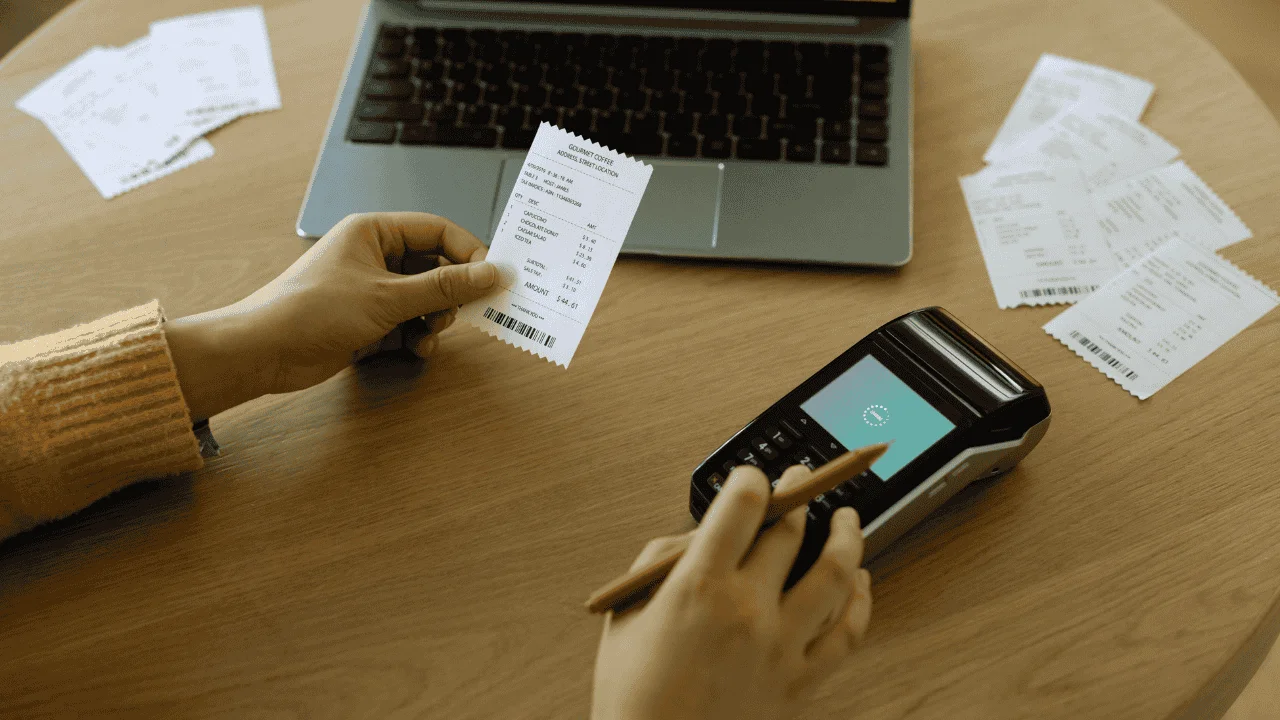Separate Business and Personal Finances in Ireland should be one of the very first habits new business owners adopt. Starting a business is exciting. You’re stepping into new territory, building something from the ground up, and making decisions every day. This is why learning how to separate business and personal finances in Ireland early on is essential. But there’s one habit many new Irish business owners don’t realise they need to unlearn straight away:
Managing your business finances the same way you’ve always managed your personal money.
This is not simply a matter of discipline. In fact, most founders are resourceful and careful with every euro. But personal habits don’t always translate into sound business practice. And the consequences of not separating finances often show up when it’s already messy — at tax time, when applying for funding, or during a Revenue compliance check.
What I See As a Business Owner and Accountant
As a small business owner myself, I’ve had to ask the same questions I now help clients answer. When I bought my first laptop for the business, I had to pause and think:
“Is this really for business use? Or am I just trying to justify it?”
To keep things clean, I decided early on to separate everything — different laptops, different phones, even different subscriptions. It takes effort, but the financial clarity it gives me is worth it.
Working with clients, I see similar decisions being made daily. More often than not, they lead to blurred lines that make it difficult to separate business and personal finances in Ireland. Common examples include:
-
Using personal bank accounts for business income and expenses
-
Subscribing to services that mix both personal and business use
-
Paying for items personally, then forwarding the invoice to the accountant afterwards
-
Making large or ad-hoc purchases — tech, equipment, furniture — without clearly recording the business reason
All of these examples highlight why new entrepreneurs must separate business and personal finances in Ireland from the start. These practices are common in the early stages but create a tangled financial picture that’s harder to unravel later.
“Is It for Business or Personal Use?” – Always Ask
A question I always come back to — for myself and for clients — is simple but powerful:
“What’s the main use: business or personal?”
If you can’t clearly answer that, your accountant won’t be able to either.
That doesn’t mean every purchase has to be rigid or formal, but the intent behind spending matters. If it’s genuinely for the business, there should be:
-
A clear reason for the spend
-
A record of why it was necessary
-
A way for your accountant to support it in the books or in case of a Revenue query
Clear records not only protect you during a Revenue check, they also reinforce the importance of making the decision to separate business and personal finances in Ireland. When things are unclear, accountants are obliged to ask questions. Not to micromanage the owner, but to protect the business — and your tax position — from being compromised. This is one of the strongest reasons to separate business and personal finances in Ireland from day one.
Set Simple Policies – Even If You’re On Your Own
Even solo business owners benefit from creating internal rules. Think of them as filters that help you make consistent financial decisions. These policies are simple tools that help you separate business and personal finances in Ireland without overcomplicating your setup.
Here are a few examples:
| Category | Ask Yourself | Suggested Guideline |
|---|---|---|
| Tech & Equipment | Will this be used for the business 80%+ of the time? | Only purchase through the business if it’s primarily for work |
| Office Furniture | Is this part of the business setup or home use? | Only claim if directly tied to business operations |
| Subscriptions & Tools | Who benefits — you, or your business operations? | Maintain separate personal and business accounts |
| Travel & Transport | Is the journey solely business-related? | Use mileage claims for personal vehicles |
| Meals, Events, Perks | Can it be clearly tied to business activity? | Only claim where there’s a business context and proper receipt |
These policies make it easier to justify decisions and keep your records consistent. Most importantly, they reinforce the habit of keeping business and personal finances separate in Ireland.
Why Your Accountant Protects the Separation
Many business owners think of their accountant as someone who “does the books.” But the relationship should be much more than that. A good accountant helps keep your finances clean, compliant, and audit-ready.
That means:
-
Asking questions when things look unclear
-
Ensuring transactions are treated correctly for VAT and tax
-
Helping you see risks before they become costly mistakes
-
Guiding you when records could cause issues with CRO filings or Revenue reviews
Your accountant isn’t there to slow you down — they’re there to protect your business. And it always ties back to the importance of separating business and personal finances in Ireland. Their role is to ensure you consistently separate business and personal finances in Ireland, safeguarding both compliance and growth.
Long-Term Benefits of Keeping Finances Separate
Keeping personal and business finances separate isn’t just tidy bookkeeping. It directly impacts:
-
How clean and accurate your accounts are
-
Whether expenses can be claimed properly
-
Your ability to access loans, grants, or investment
-
How smooth things go during a Revenue audit or CRO filing
-
Whether you can clearly see if your business is profitable
For new entrepreneurs, this clarity can make or break growth opportunities. Lenders and investors often require proof that you’ve kept finances separate before providing funding. Similarly, Revenue looks more favourably on businesses that can show clean records. In fact, many investors and the CRO expect businesses to separate business and personal finances in Ireland before they will provide support or approve filings.
When you consistently separate business and personal finances in Ireland, you build trust with stakeholders — and protect yourself from unnecessary stress.
Final Thought: You + Your Business + Your Accountant = A Stronger Setup
In small businesses, the owner and the business are often tightly connected — but they are not the same. And neither is your accountant. You work with each other, but each has a distinct role.
-
You’re the visionary. The one taking the risks.
-
Your business is the vehicle. It needs fuel, structure, and protection.
-
Your accountant is the guide. Helping you navigate while keeping things on track.
The strongest foundation you can build as a new entrepreneur is to separate business and personal finances in Ireland while relying on professional guidance to keep everything compliant and secure. So give your business the structure it deserves. Start with clarity. Separate the spending. Set some boundaries. And lean on your accountant not just to record — but to challenge, support, and protect what you’re building. Above all, make it a habit from day one to separate business and personal finances in Ireland — because the earlier you do, the stronger and more successful your foundation will be.

